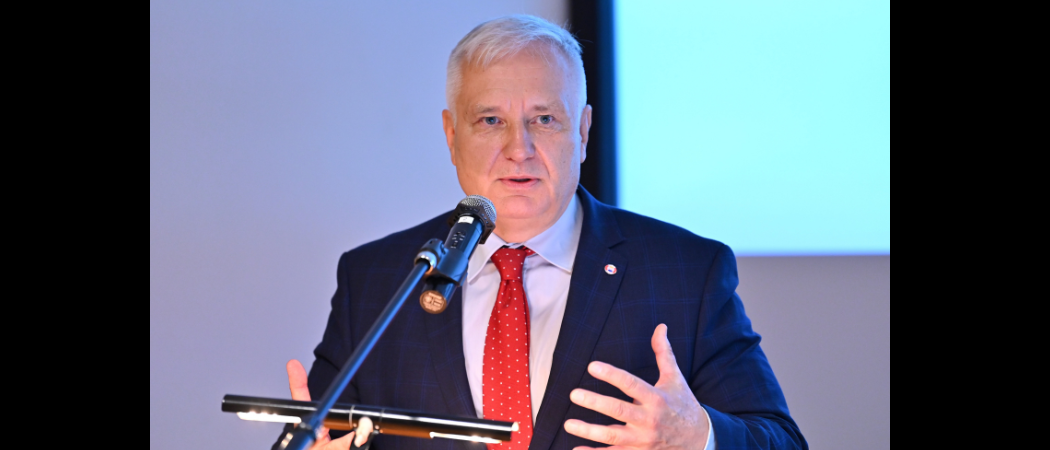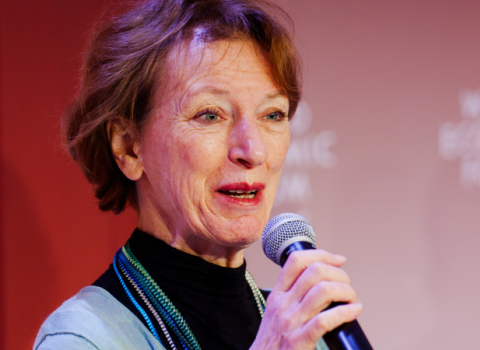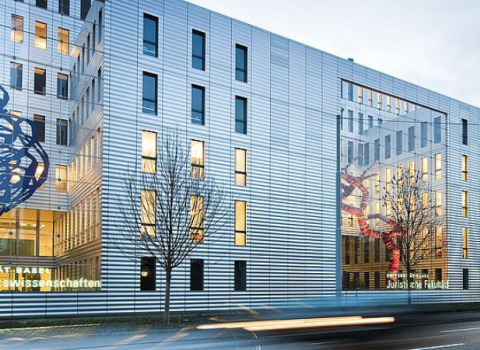The Academy and the government are pursuing separate reform agendas, raising concerns about independence

Marek Konarzewski, president of the Polish Academy of Sciences. Photo: PAN
The reform of the Polish Academy of Sciences could impact the autonomy of its institutes, diminishing their decision-making power, warns Przemysław Urbańczyk, professor of archaeology at Cardinal Stefan Wyszyński University in Warsaw.
Urbańczyk’s concerns are that under the draft reform, proposed by the academy in March last year, an elected group of scientists and scholars from its institutes, known as the Corporation of the Academy, will have too much power, while the directors of the institutions will only have an advisory role.
The last comprehensive reform took place in 2010 and over the past few years both the Academy itself and the Ministry of Science have acknowledged the need for reforms to guarantee the Academy’s autonomy and improve funding mechanisms. However, stakeholders have struggled to reach a consensus on how to do this.
When the Academy submitted its comprehensive proposal in March 2023, the then minister of science, Przemysław Czarnek, was working on his own reform agenda simultaneously. In the event, neither of these proposals were submitted to the lower house of parliament.
After the new government led by Donald Tusk took office in December 2023 and Dariusz Wieczorek was appointed science minister, discussions about the reform restarted.
The government’s plans are expected to be published by the end of June. Marcin Pałys, former rector of the University of Warsaw, told Science|Business he assumes the government’s version is “not exactly the same as [the one] coming from within [the Academy]”, though he does not know to what extent they will differ.
Science|Business contacted the Ministry of Science for comment but has not received a response.
Substantive supervision
The president of the Polish Academy of Sciences, Marek Konarzewski, told Science|Business the Academy’s version of a new act aims to give the Corporation of the Academy, “real substantive supervision over the institutes,” saying, “The idea is for the internal evaluation committees to have an influence on what is happening in the institutes, to determine their directions of development.”
The Academy also proposes the formation of a general assembly of directors of institutes, whose members will take part in the election of the academy’s president. According to the draft, this assembly will also decide on the structure of the institutes.
However, Urbańczyk says the general assembly will only act as an advisory group to the Corporation of the Academy, which will have the final say. For him, this is concerning, because of the composition of the corporation.
“In my opinion, the directors of the institutes should decide, not the people from various universities, [who form the corporation], who have no real interest in developing the institutes,” Urbańczyk told Science|Business.
He added that most members of the Corporation of the Academy are of an advanced age and they should not decide the strategy for the future.
Konarzewski dismissed Urbańczyk’s concerns, saying that Urbańczyk’s claim - that the draft act fails to address modern realities - suggests he has not thoroughly read the proposal.
Success criteria
Konarzewski said the draft’s main objectives are ensuring the Academy’s autonomy, improving research quality and strengthening international cooperation. As things stand, the Academy is highly dependent on central funding. “Under the current act, both the Academy’s Chancellery and some Academy units do not have the opportunity to apply for EU and national projects. We are opening up this opportunity,” he said. These changes will give the Academy greater freedom in managing its resources.
Finally, the new legislation attempts to foster commercialisation of research by simplifying administrative procedures and providing financial incentives for researchers. According to the Global Innovation Index ranking of university-industry R&D collaboration, Poland dropped to 97 in 2023, compared to 94 in 2022 and 86 in 2021.
Konarzewski said the criteria for the success of the reform include more publications in well-known scientific journals, an increase in the number and value of grants and research projects, and a higher number of patents.
However, Urbańczyk said the Academy’s administration[AA1] tries to solve all issues through sophisticated econometric models instead of relying on human input. This approach is particularly unsuitable for the humanities. “Research is not business. For disciplines like philosophy or archaeology, there is no practical outcome, nor should there be. The Academy was created to lead basic research, where there is no guarantee that results will be applicable,” he said.
Consultation
Konarzewski says the Academy has consulted widely on its draft act, and it encompasses around 200 comments submitted by corporate members.
Urbańczyk contends the consultations were a formality. “Members of corporation and institutes had only a week or two to submit their proposals, and, as far as I know, none of them were accepted,” he said. According to Urbańczyk, directors of the institutes protested about not having enough decision-making power, but were ignored.
Poland is not the only country in central and eastern Europe to attempt major overhauls of its academy of sciences, with notable reforms also taking place in Hungary.





 A unique international forum for public research organisations and companies to connect their external engagement with strategic interests around their R&D system.
A unique international forum for public research organisations and companies to connect their external engagement with strategic interests around their R&D system.